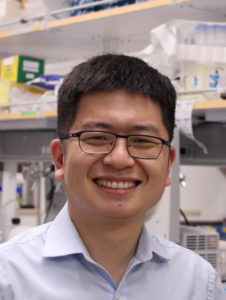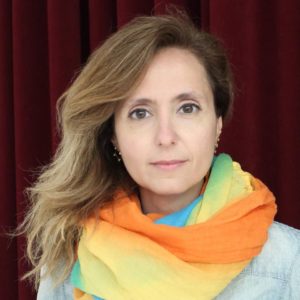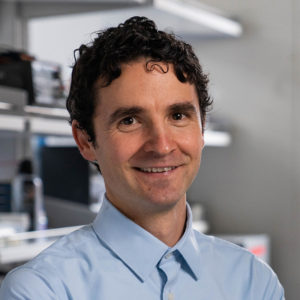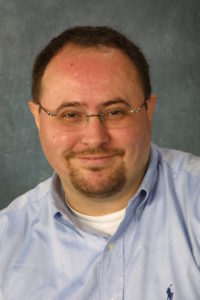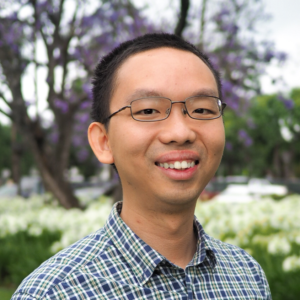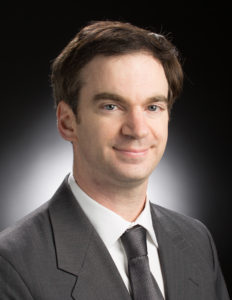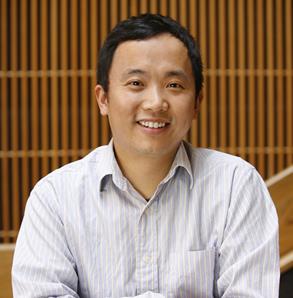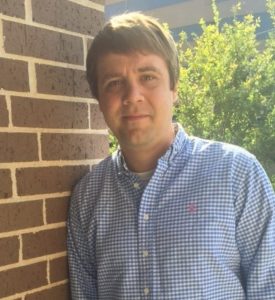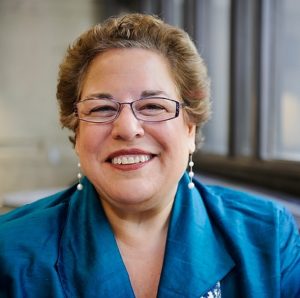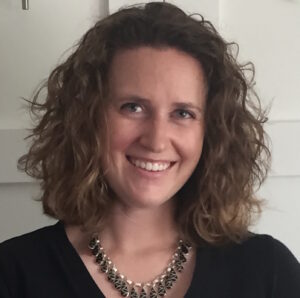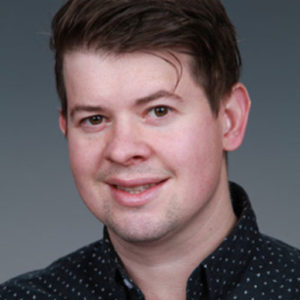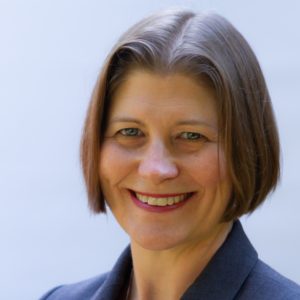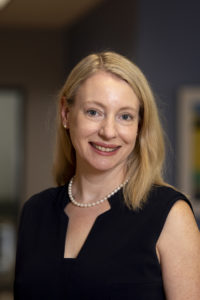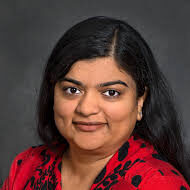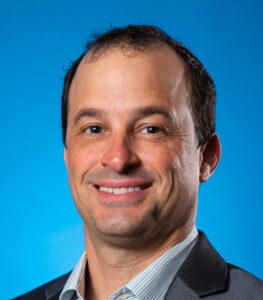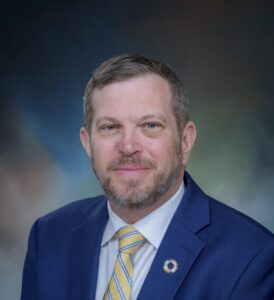Member Directory
-
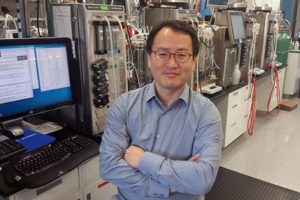
Seongkyu Yoon
Seongkyu Yoon is Professor in the Francis College of Engineering at the University of Massachusetts (UMass), Lowell. Currently Dr. Yoon is working as a co-director of Massachusetts Biomanufacturing Center, is the UMass site director of the National Science Foundation Industry–University Cooperative Research Centers Program Research Center (NSF-IUCRC), the Advanced Mammalian Biomanufacturing Innovation Center (AMBIC), and the UMass lead for ManufacturingUSA in Biomanufacturing (NIIMBL). His research interests include process system engineering, synthetic and systems biotechnology, regulatory sciences, and biomanufacturing innovation. He is leading a systems and synthetic biology research group while conducting research in systems and synthetic biotechnology, life science informatics, and regulatory sciences with goals to develop an innovative biomanufacturing platform of protein-cell-gene biotherapeutics. Dr. Yoon received his PhD in chemical engineering from McMaster University, Canada, and his MBA from Babson College.

